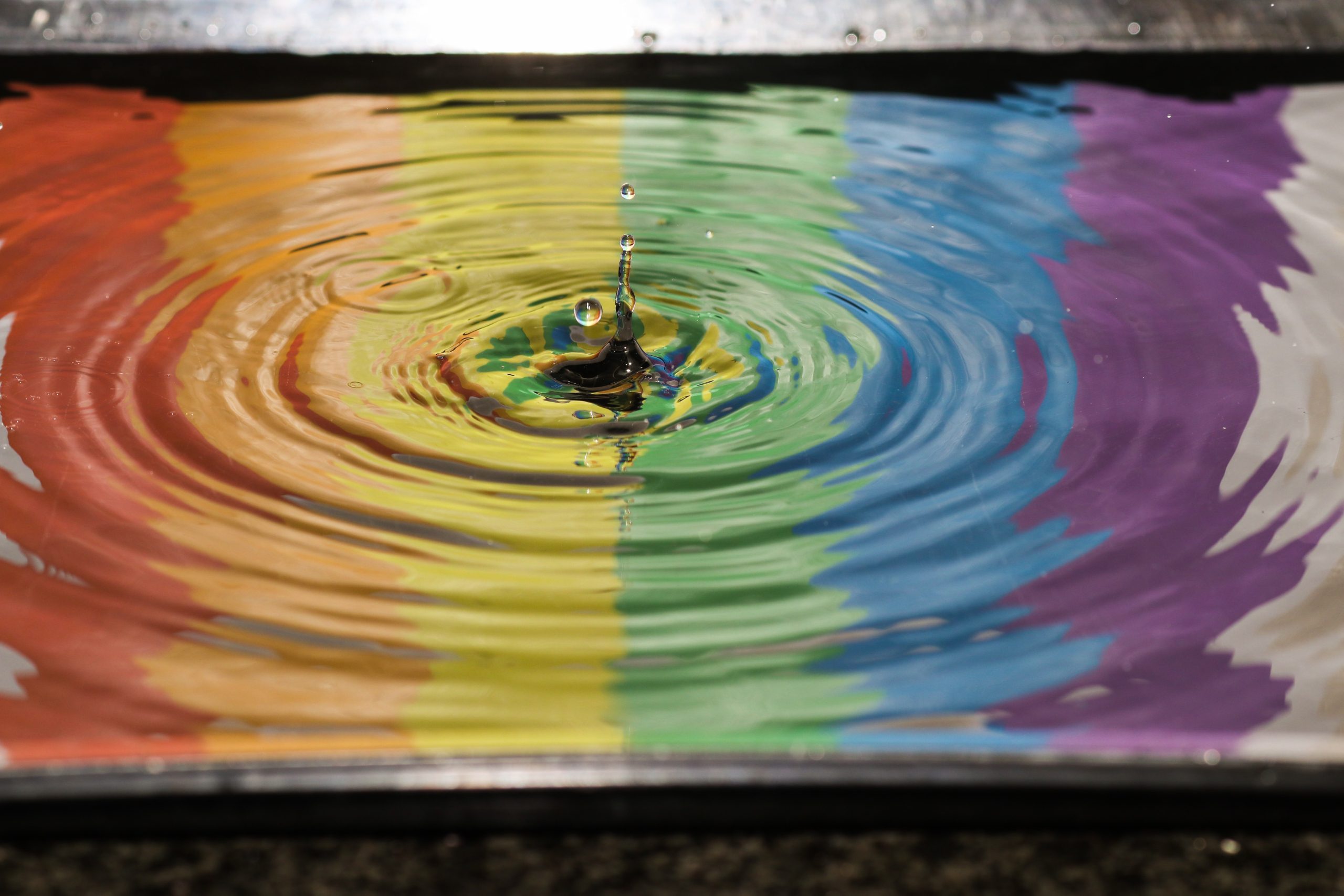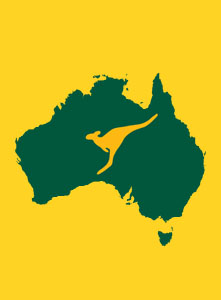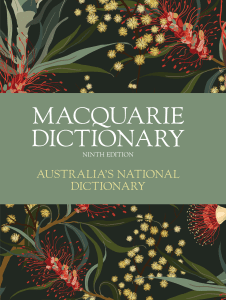The words that we use to talk about gender are always evolving. At the heart of these changes are the differences between the terms binary and non-binary (or enby, one of our runner-up Words of the Year) in relation to gender.
The third definition of binary means ‘of or relating to a person who identifies as either male or female’. While non-binary in this context, covers all the genders outside of these two identities. Scroll down to find a table of definitions related to this concept.
Due to the fluid and changing vocabulary being used in this public discussion, some words have shifted into the mainstream and made their way into the Macquarie Dictionary. While by no means a definitive list, following are some examples of words to do with gender that fall outside of the binary.
Something we (and many linguists and lexicographers around the world) have discussed is the usage of they as a gender-neutral pronoun. But in writing, there are a number of ways to avoid talking about binary gender.
For example, the honorific Mx, which has two meanings. One is as a title prefixed to the name of a person who does not identify as male or female but as a third neutral gender. And the second meaning for Mx is a title prefixed to the name of a person who does not wish to disclose their gender. Another written device is the use of s/he to represent he or she, to avoid being gender-specific.
But the most common use for this purpose is they, which can be used in a similar manner. The use of they, them, and their as non-gender-specific singulars (as in a doctor and their patients) has always had currency in spoken English and is now increasingly accepted in written English. This use of they gives rise to the form themself for the reflexive pronoun by analogy with myself, himself, etc.
There are now two meanings for they related to this in the Macquarie Dictionary. The first is ‘used with singular force in place of a pronoun such as he or she where the sex of the antecedent is unknown’ and the second is ‘used with singular force to refer to a person whose gender identity is non-binary or genderqueer.‘
We would love to hear from you if you know any other gender-related words that should be in the dictionary. Submit your suggestions here.
| agender | identifying as having no gender, whether male, female or non-binary. |
| bigender | a gender identity which is two genders, either simultaneously or at different times. |
| cisgender | relating to or designating a person whose gender identity matches their physical sex as designated at birth, that is, a person identifying as a female and who has a female body, and a person who identifies as a male and who has a male body. |
| gender fluid | of or relating to a person whose gender varies over time, ranging from male to female or any combination of both. |
| genderqueer | of or relating to, or designating a person who does not identify as either male or female or who feels that they are a little bit of both, and therefore not fully the stereotype of either gender. |
| theyby | a baby raised without a designated gender or stereotypical concepts of gender being imposed, and sometimes without a physiological sex being recorded on their birth certificate. |
| third gender | a gender which is neither male or female, but rather one in which a person identifies as both a combination of the two, or as neither, especially in certain non-Western cultures. |
| transgender | of or relating to a person whose gender identity is different from their physiological gender as designated at birth. |




